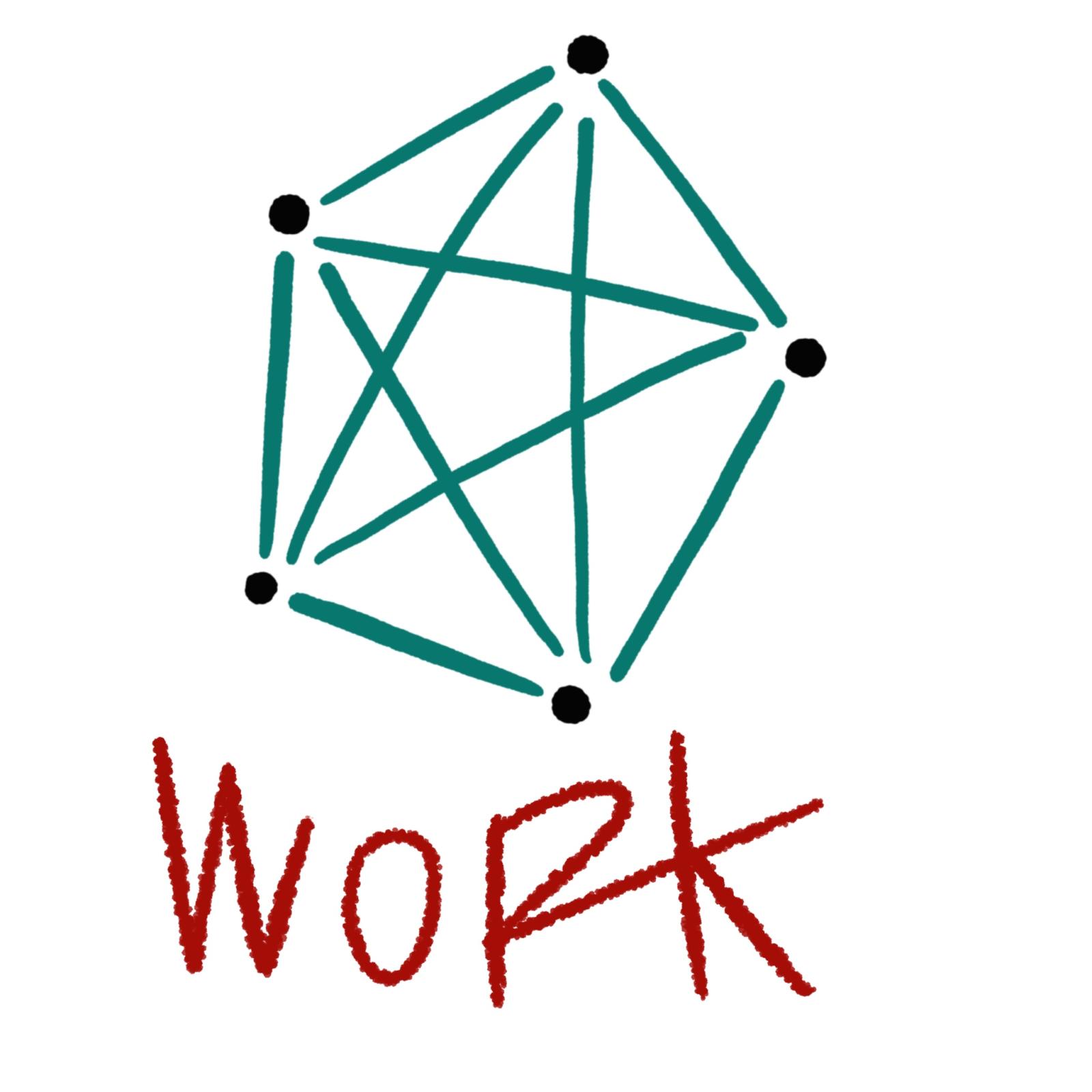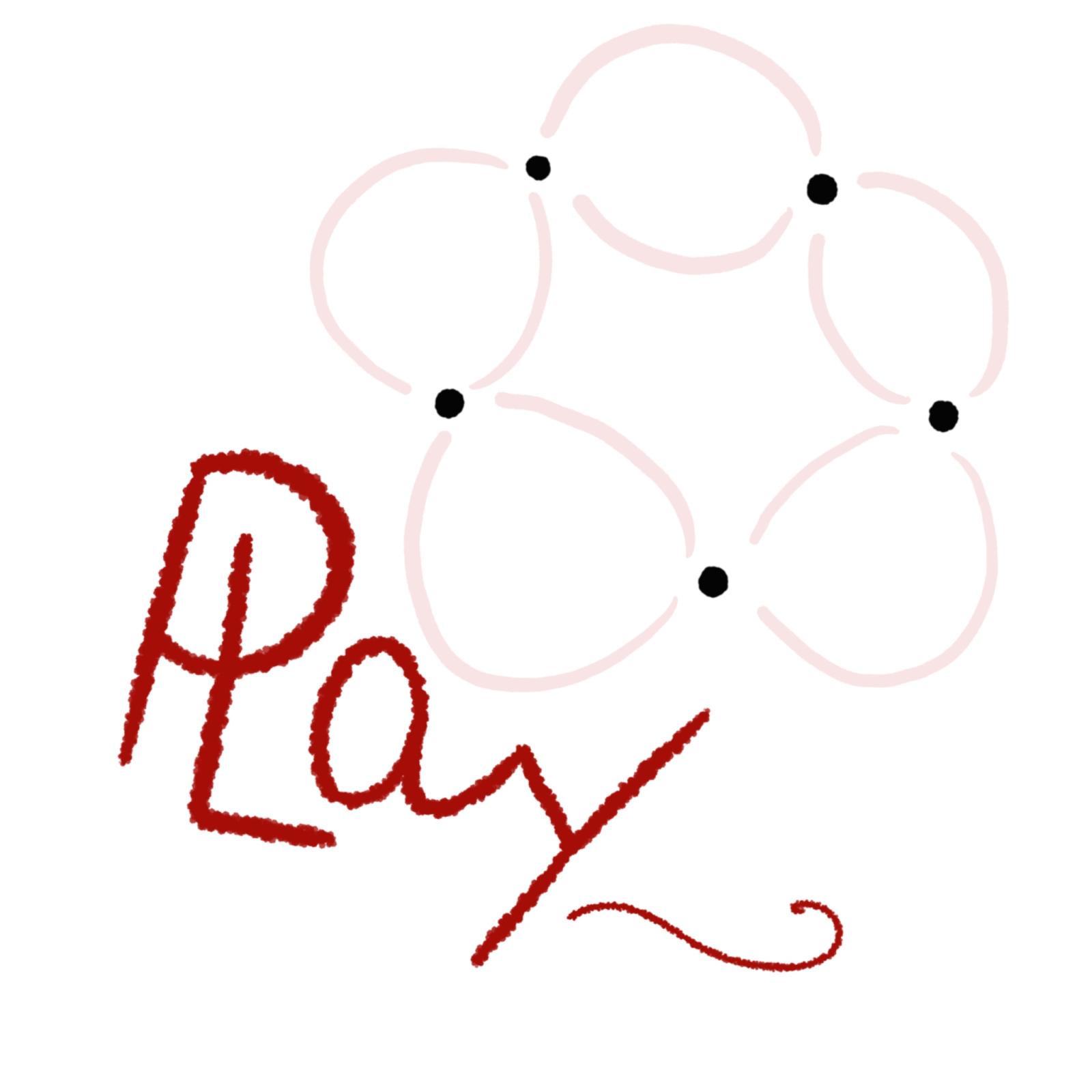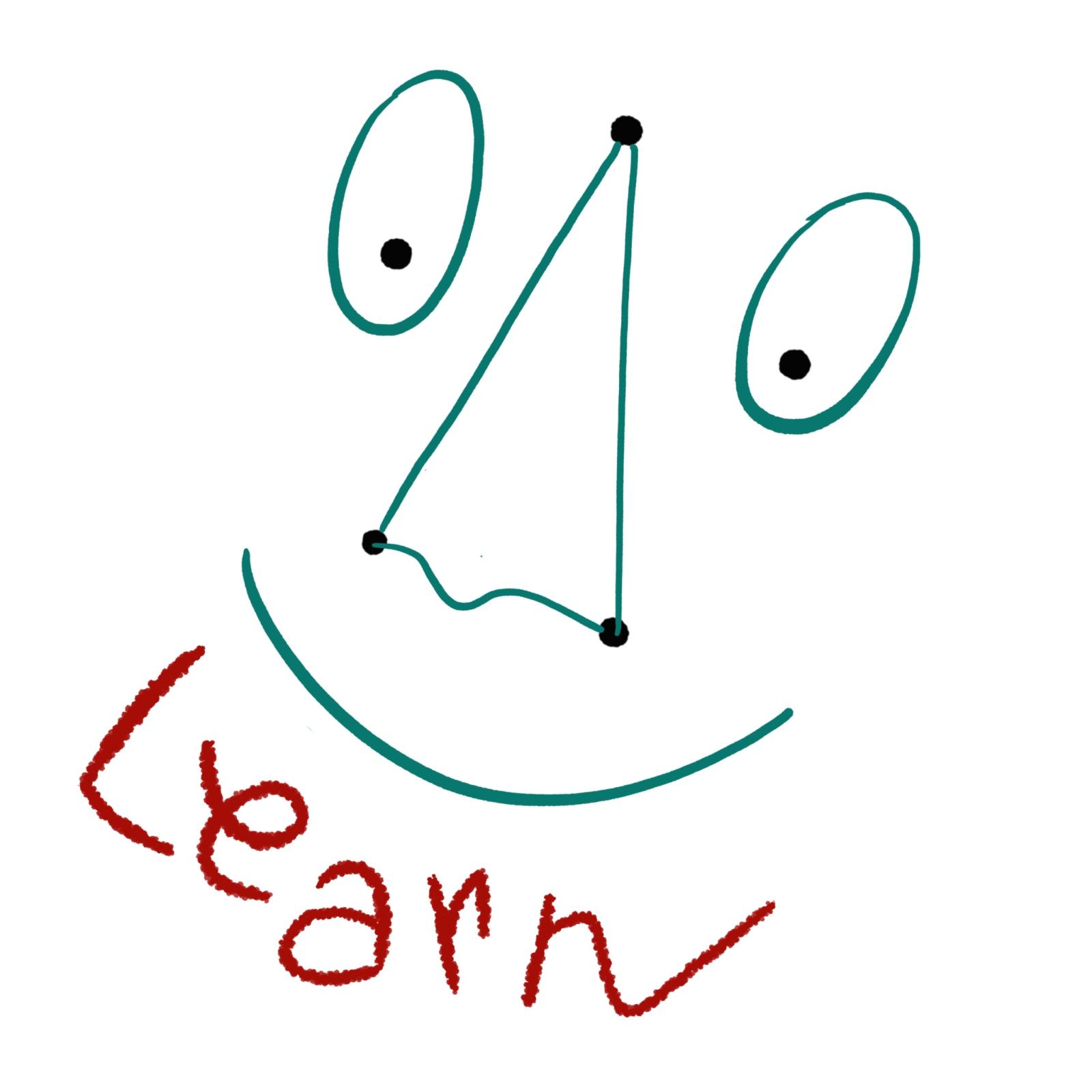Impact. DIY. Go!
You work in the field of change. And you like to do that with others. Or you help people change by sharing your knowledge and experiences. You make impact yourself. Cool 💪🏼 Great 🙌🏼 Please continu!
As soon as you feel that your knowledge or experiences have less effect, then my perspective comes in handy: the play perspective. After more than 20 years I can only conclude that play, learning and create really help us to change our perspective. The way we see the world and our assumptions determine in first instance our perception of our problems and solutions. You have thought of this, but how do you change it?
"I know that I have to change my lenses, but how do I do that?"
I can show you how. And make you feel how. Applying your playful mindset requires some knowledge, some courage and some (self-)confidence. Looking thru new lenses, you choose different actions. As a consequence, the world around you will change. Voilà! You did it yourself.
I am here to encourage you.
Read on. Have fun exploring!

Who is Yuen Yen?
I am a design thinker rooted in creative change- and learning processes and a lot of working experience in complex, professional organisations. Professionals who are not satisfied with the status quo, make me curious. They tell their stories and I listen. I feel empathy for their ambitions and setbacks. It motivates me to help them. On LinkedIn you can read for who and whose goals I made an effort.
What characterises my working style?
Playful mindset, behaviour and actions
Homo Ludens, A Study of the Play-Element in Culture by Johan Huizing (1938), famous Dutch historian. A marvelous read – worth your time. Man playing, he meant ús. You and me. Play has shaped us as we are now. As human beings and as society. We are designed for play, but we have forgotten about it. Despite the clues from researchers as dr Stuart Brown (Science of Play) and Mihaly Csikszentmihalyi in Flow.
I have applied play and games as learning and change interventions. In large and small teams. In Dutch and international (training-)sessions. Online and offline. I can see the effect: play is by far the easiest way for change. To change yourself and help others to change.
From complexity to clarity
We - as human beings - are very skilled to complicate things. To clarify complexity, needs another approach. Another language. I use visual language to translate what is said, into image. Having these concrete images helps to get grip on what is intended. What we intend, is where we can collaborate to ignite change.
Unconventional
Clients and participants of sessions have frequently told me: I am unconventional. I think and act in an unconventional way. Of course, I cannot see that of myself. I simply tell you what I think, where do these thoughts come from. And how they emerged. That is where our dialogue starts.
Learning
I grow older and older ;-) Not a bad thing per se. But anyway. The antidote for this natural process is learning. At least for me. Reflecting. Why do I do what I do? How does this serve others? And what value did it create? Reflecting. And then pass this ‘learning virus’ on to you.

Work is just work. But how fantastic to work with fine people, who complement my knowledge and skills. Who do nót bring the same thing to the table. I give trainings design thinking, facilitation, creativity with these institutions.
Institutions
I collaborate with partners as: Competence Factory (Utrecht), Design Thinkers Academy (Londen), Future Skills Academy, International Institute of Learning (Parijs), Learning Experience Design (Utrecht).
The focus is learning how to apply design thinking'. How does a designer work? What mindset do you need? Why would you break patterns? What product, service or end result would you attain? I assist you to understand the basics of design thinking.
And for more advanced learners: how to facilitate design thinking sessions. How do you facilitate others to tap into their creativity to reach their dreams and goals? And how do you stand tall in this creative chaos? I am here to coach you in your learning process.
You can't escape from your own brain. We understand more and more about how we benefit from a growth mindset. But not everyone knows that. So I have committed myself to that mission. Then it is a tiny step towards: how can you design an optimal learning experience for learners? Well, that is something you can learn 😉.
You find me with these partners if you want to dive in design thinking, growth minset and learning experience design.
In-company
If you prefer to hire me for a custom-made training or session, please use the contact form to drop me a message. That will be fun!

Play is a universal phenomenon. Everyone used to play and enjoyed that. While we grew up, we left play behind. We become adults. Our beliefs about work, people and ourselves became serious and rational. No time to waste on playing! That is how I thought back then.
Designed for play
But I discovered something else: we are design for play. We cannot not play. Surpressing our play needs and behaviours, simply does not feel right. It silences us and makes us anxious. We comply to mainstream. Dare not to question that anymore.
When you feel stuck in a creative proces or work, then your playful mind might be your 'go-to-guy' for rescue. A little inner-joy releases energy. If you can create a little fun thought, you will be able to think of larger playful thoughts. Expressing them changes the world.
'When you stop playing, you start dying.' A quote from Dr Stuart Brown (Play). If this sentence resonates with you, then try to turn it around: 'Start playing. Stop dying'. Watch my TedxTalk and enjoy how judges and directors from the Middle-East 'played'.
If you want to know more about how to inject more lightheartedness or creativity in your teams or sessions, please contact me. I love to show you more.

Playing is learning. The easiest way for our human kind to learn something, is to play with it. Yet, more often we choose for formal ways of learning. Going to a different location. And after finishing learning one returns. We all expect you successfully using those new learnings.
I believe the actual learning process starts in that moment. Can you really apply the new learnings? Will old habits and patterns kick in? What happens, if you make a small mistake. Will your teammates forgive you? Growth mindset, patience, persistence - did you also learn that in the training?
Our brain
We meander to new perspectives on learning. What happens in our mind while learning? How do we experience learning? How can we craft better learning experiences to support learners? And why does 'play' take such a big role in this. We need these perspectives to support learners to capture as much as possible. In order to make better choices in work and life.
Learning, playing and creating are tightly connected. How to benefit from it, I share with you with pleasure. Please contact me.
